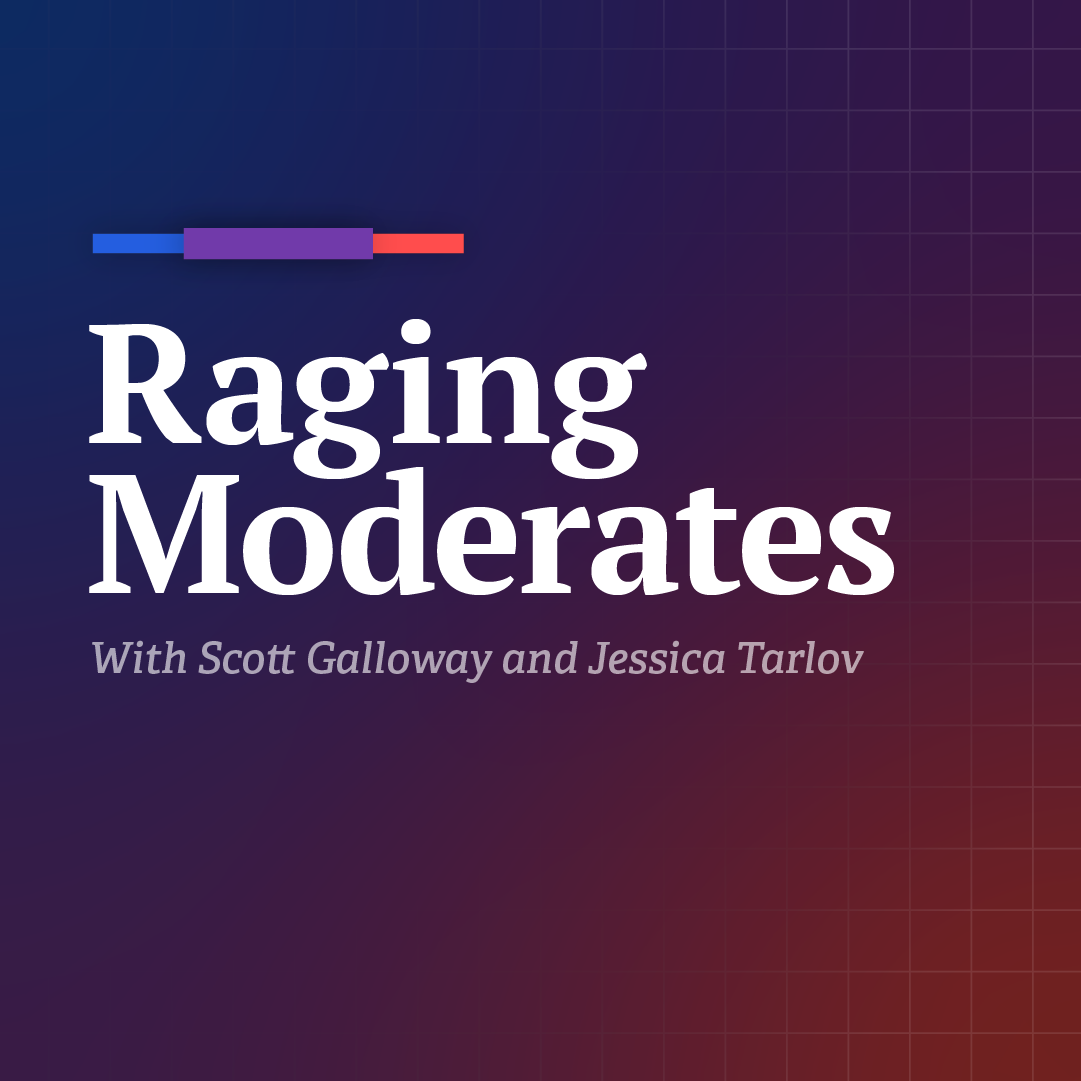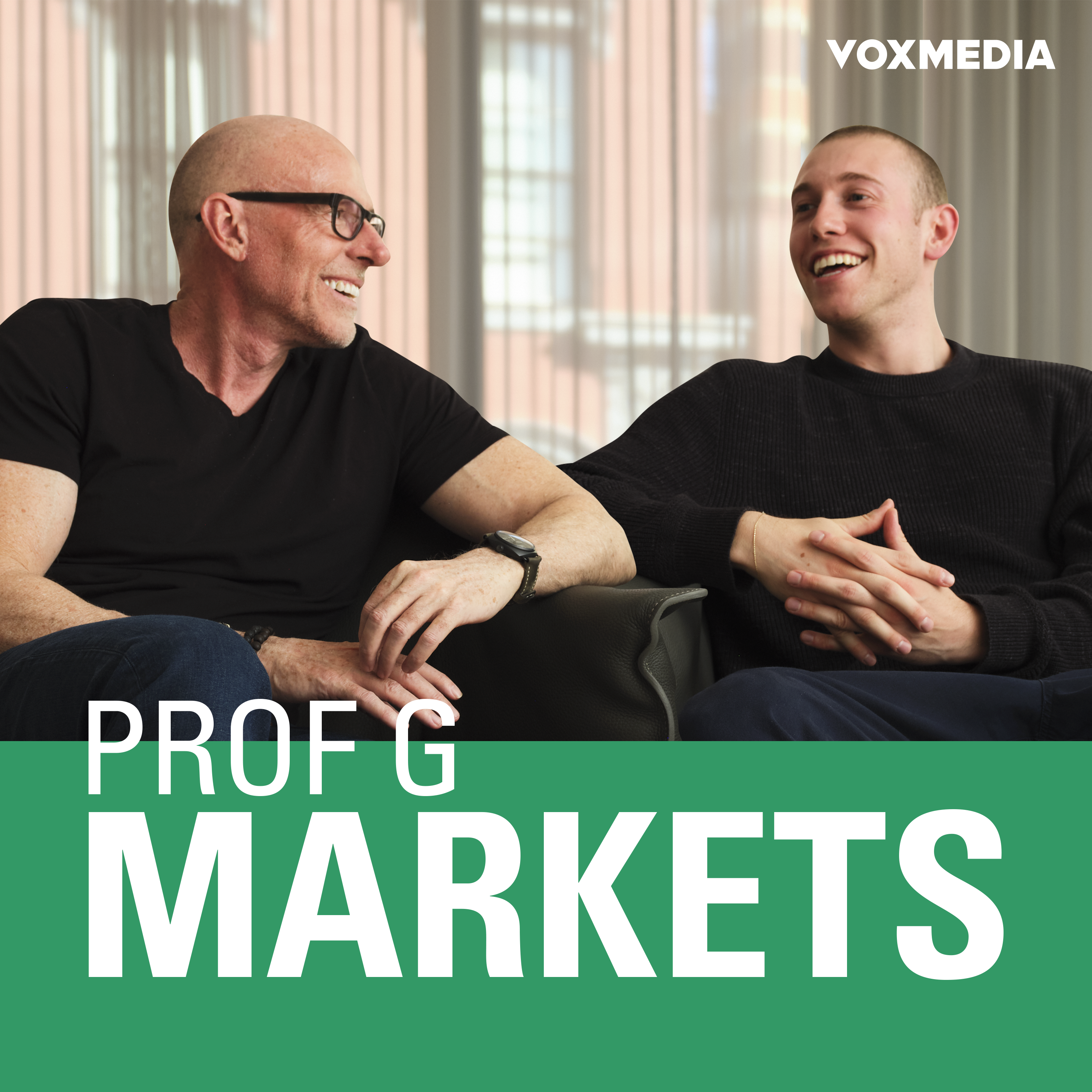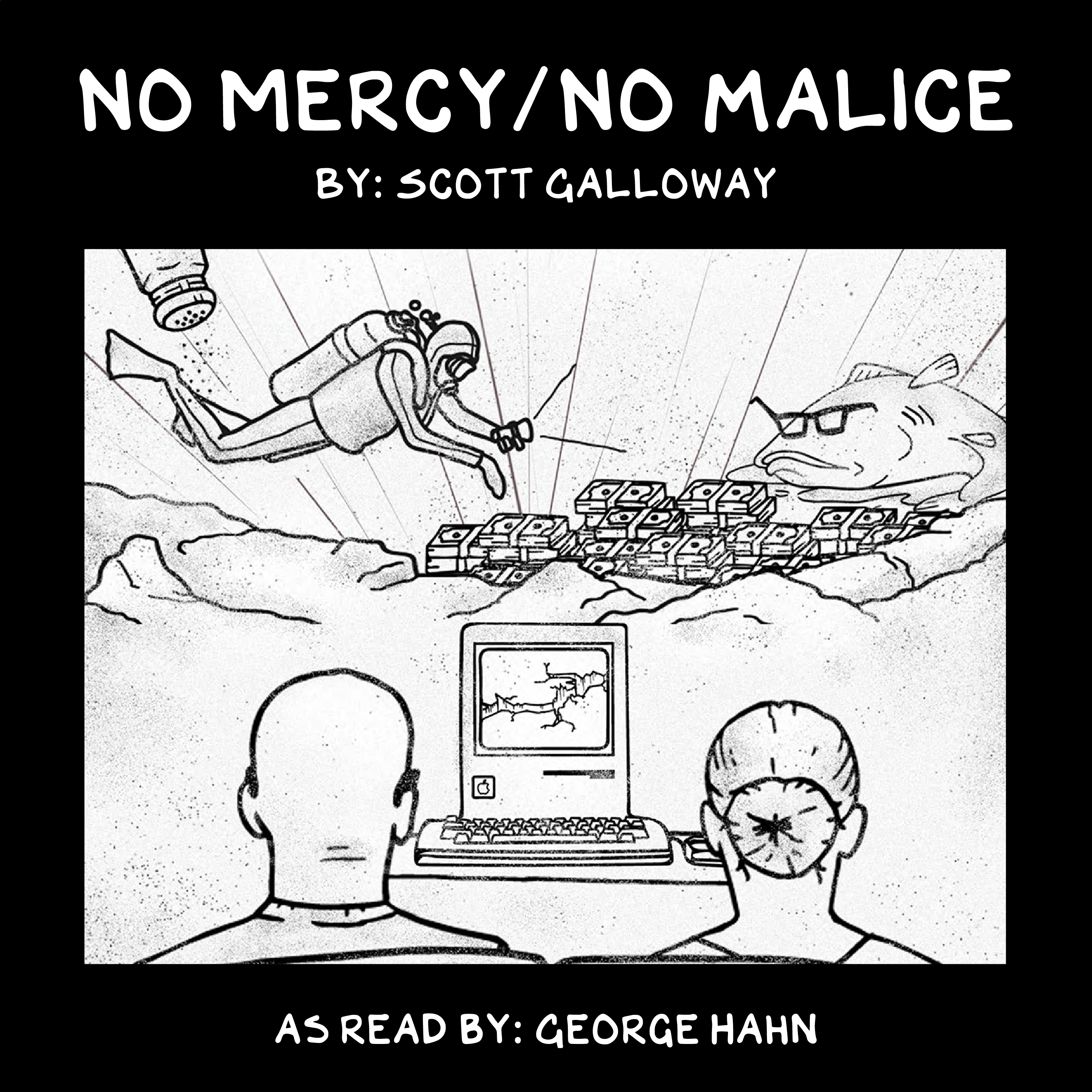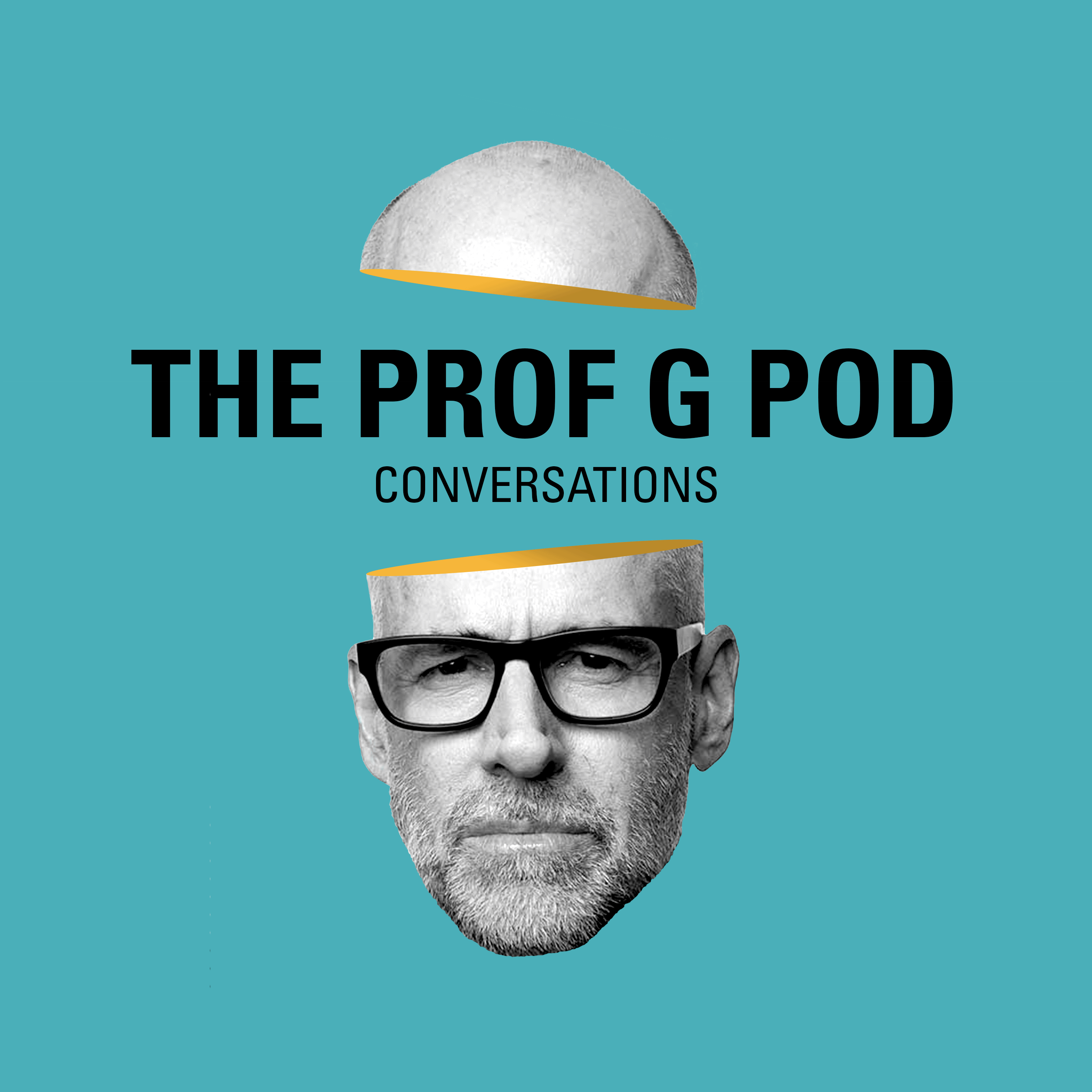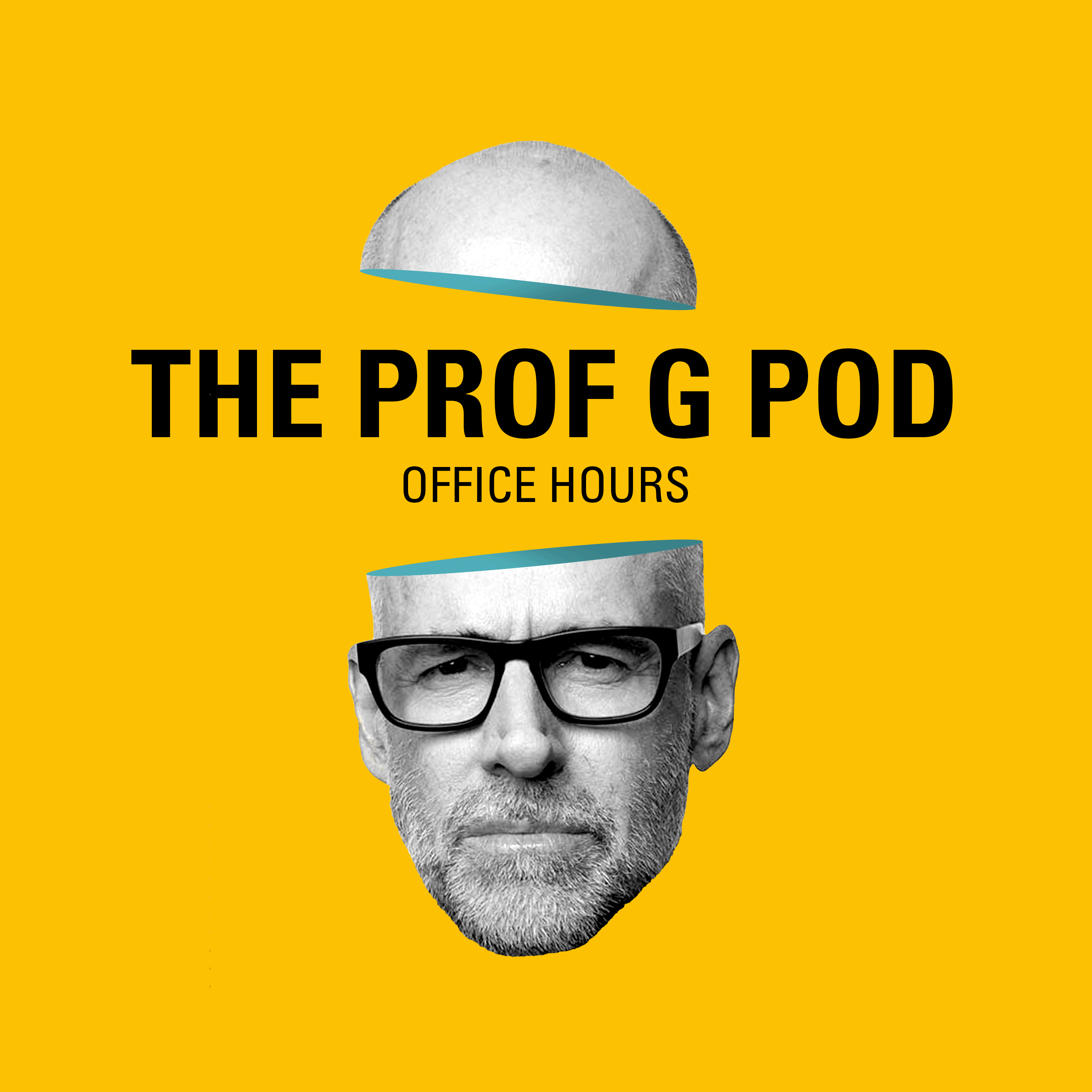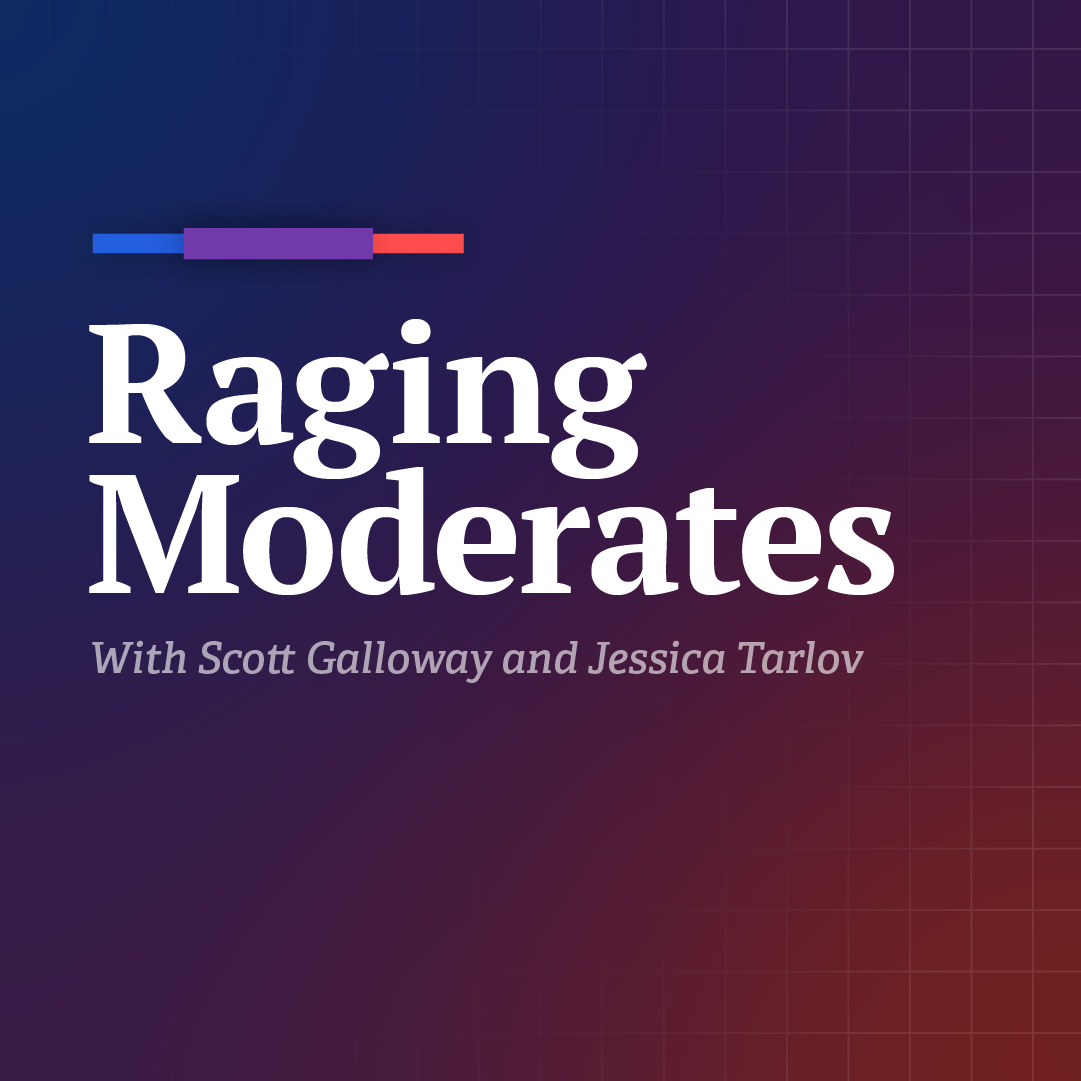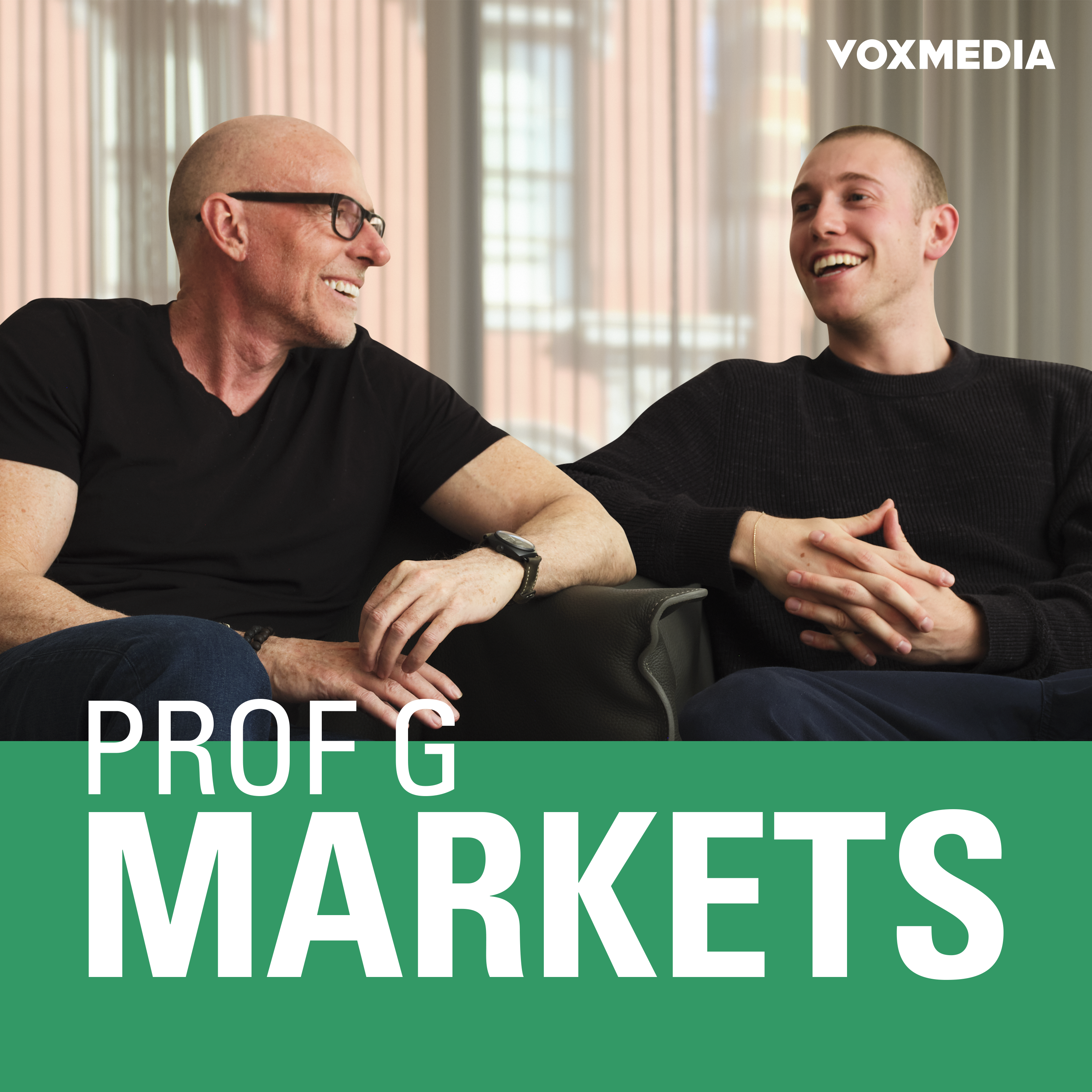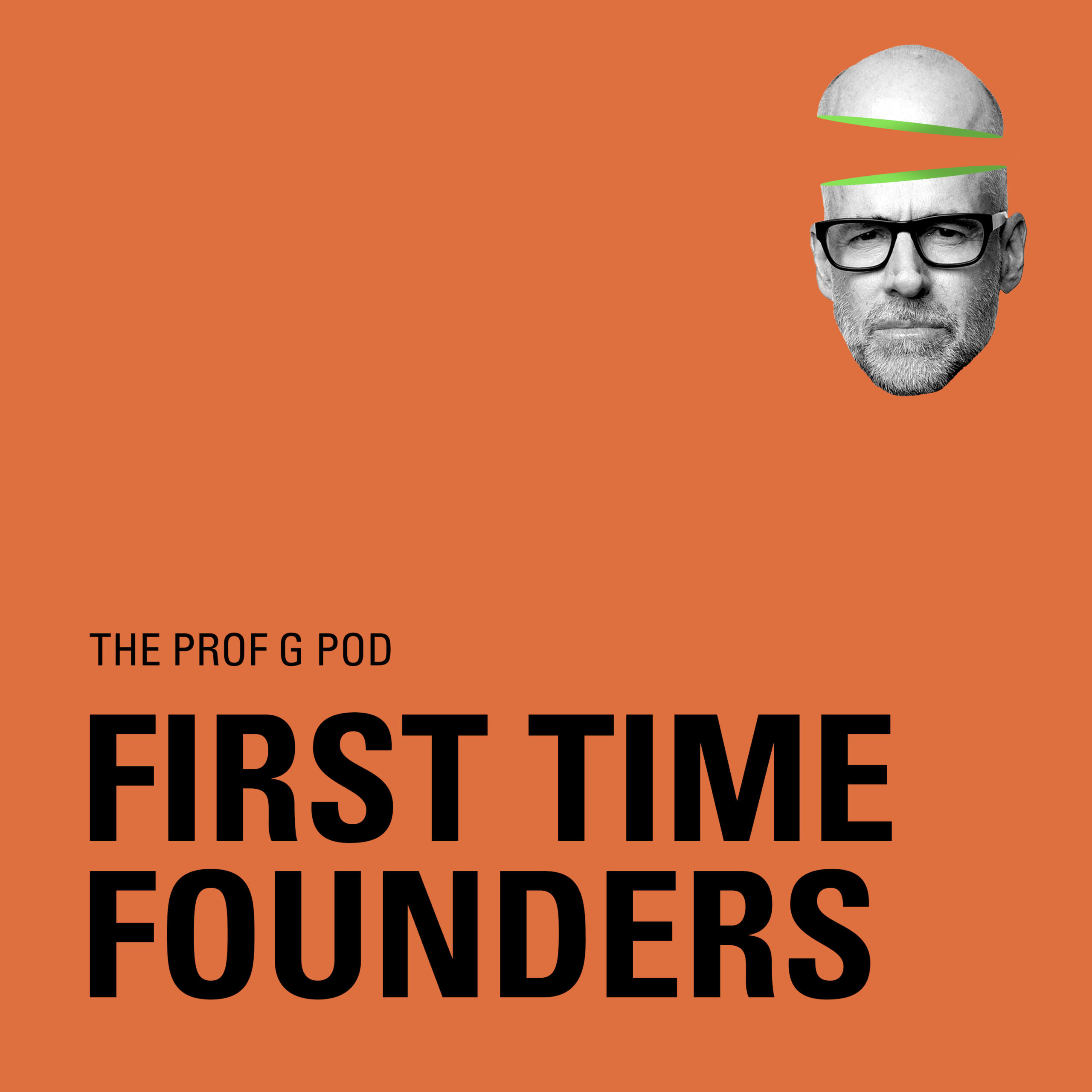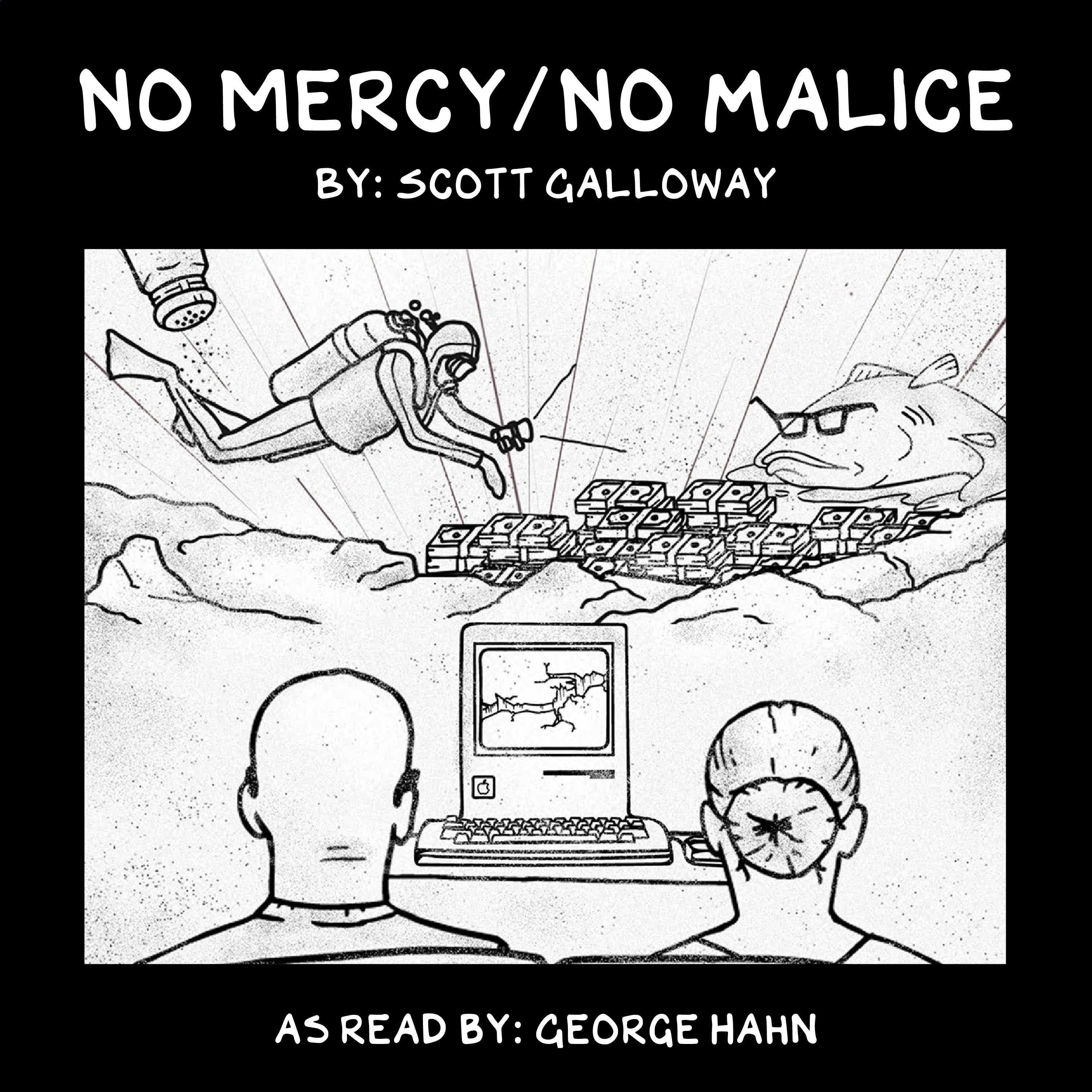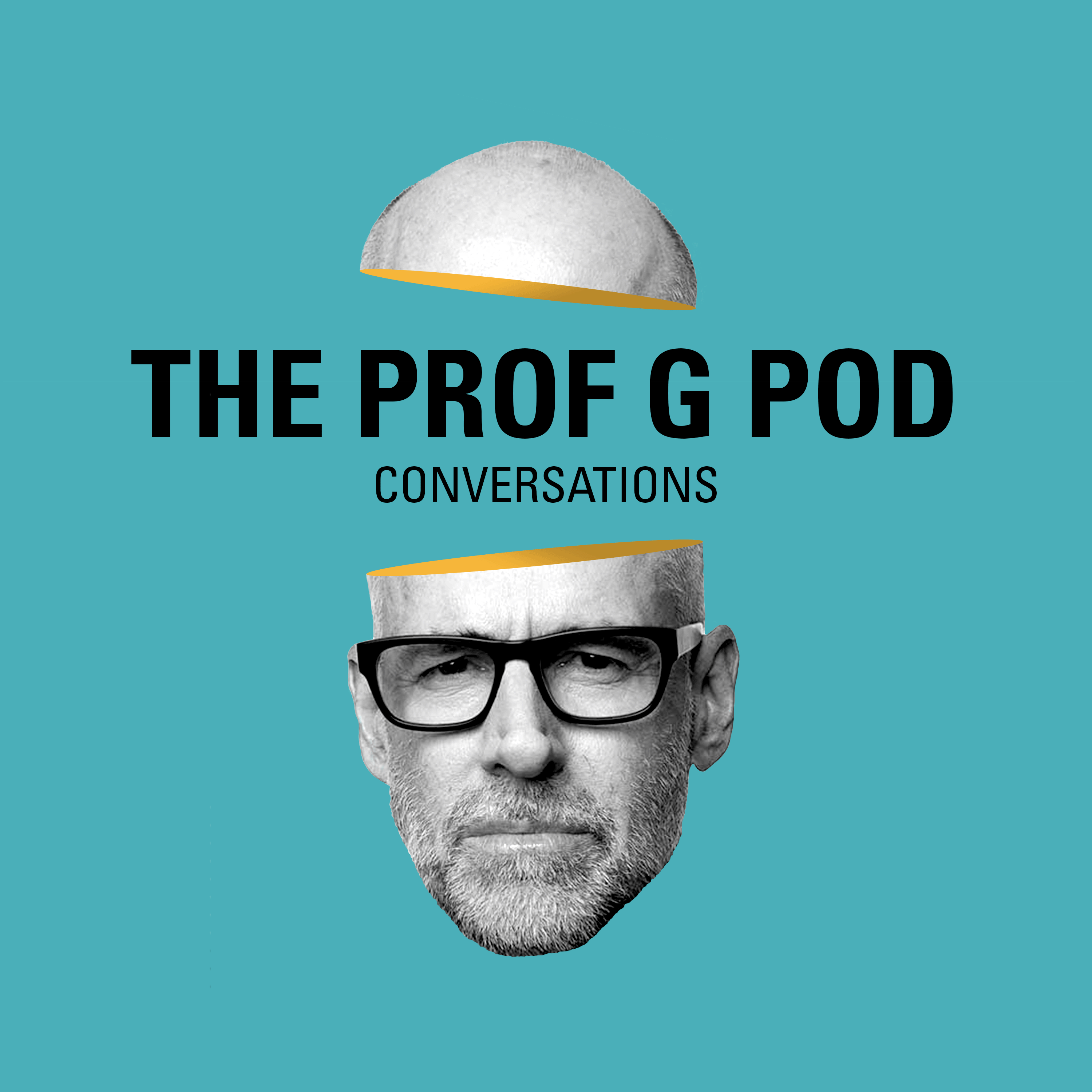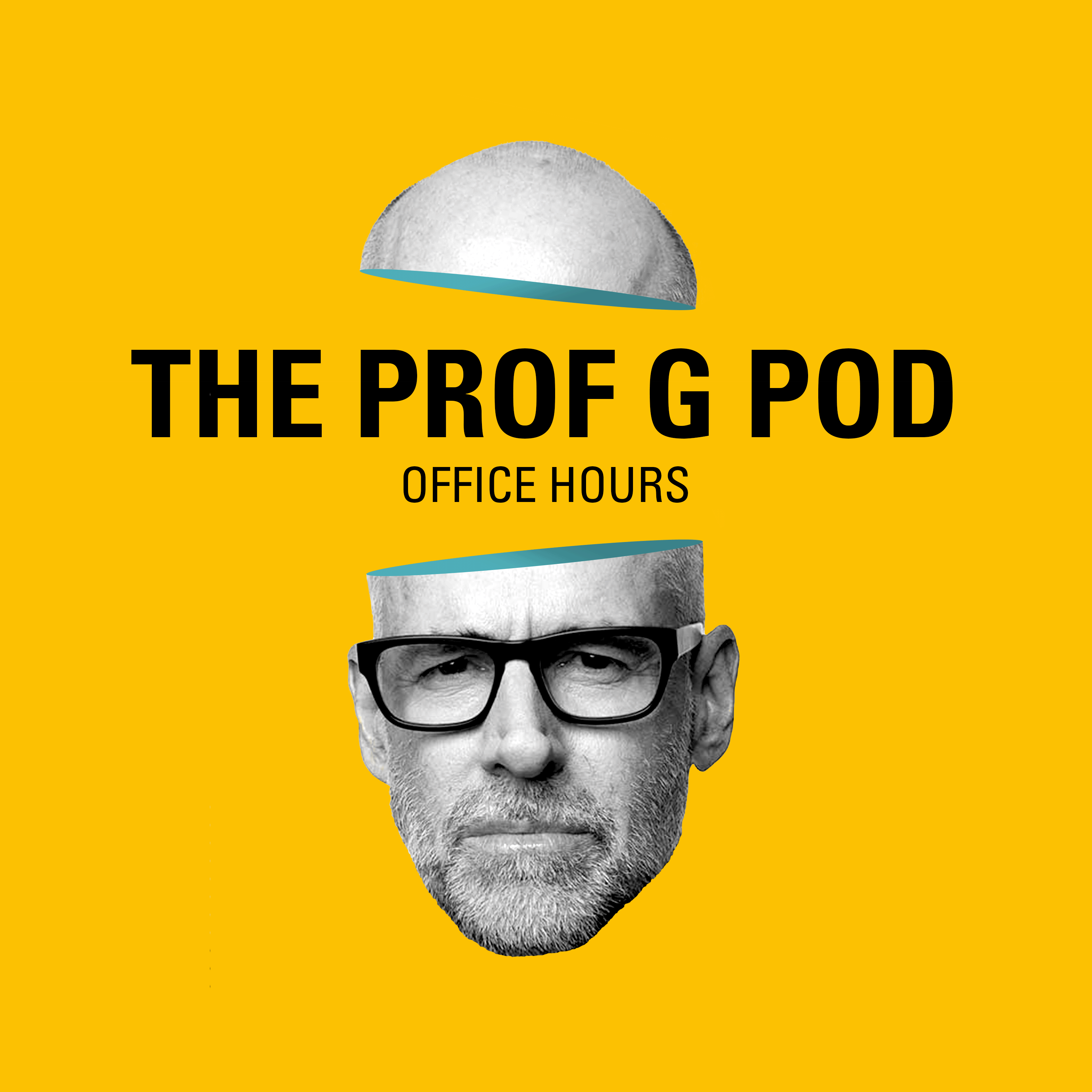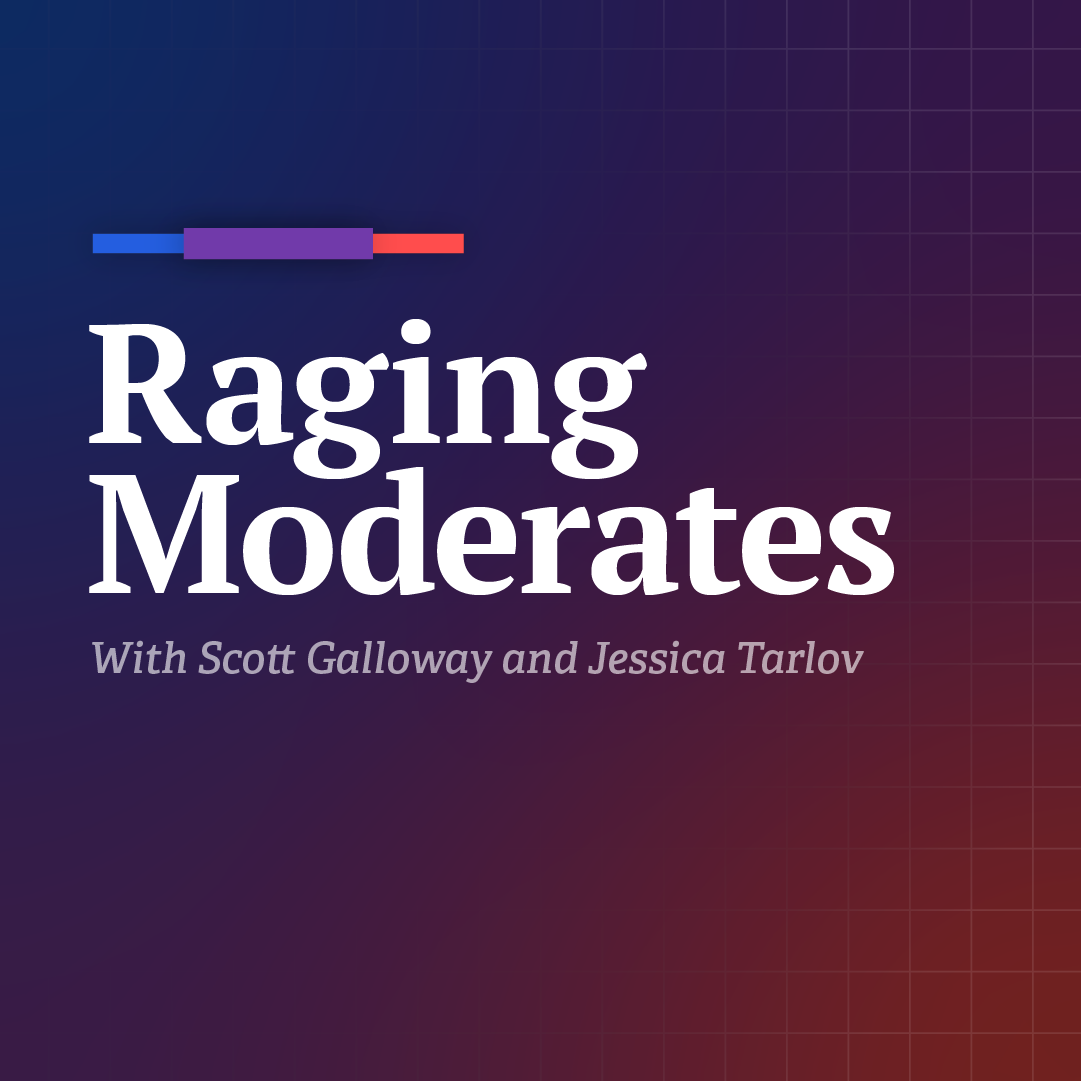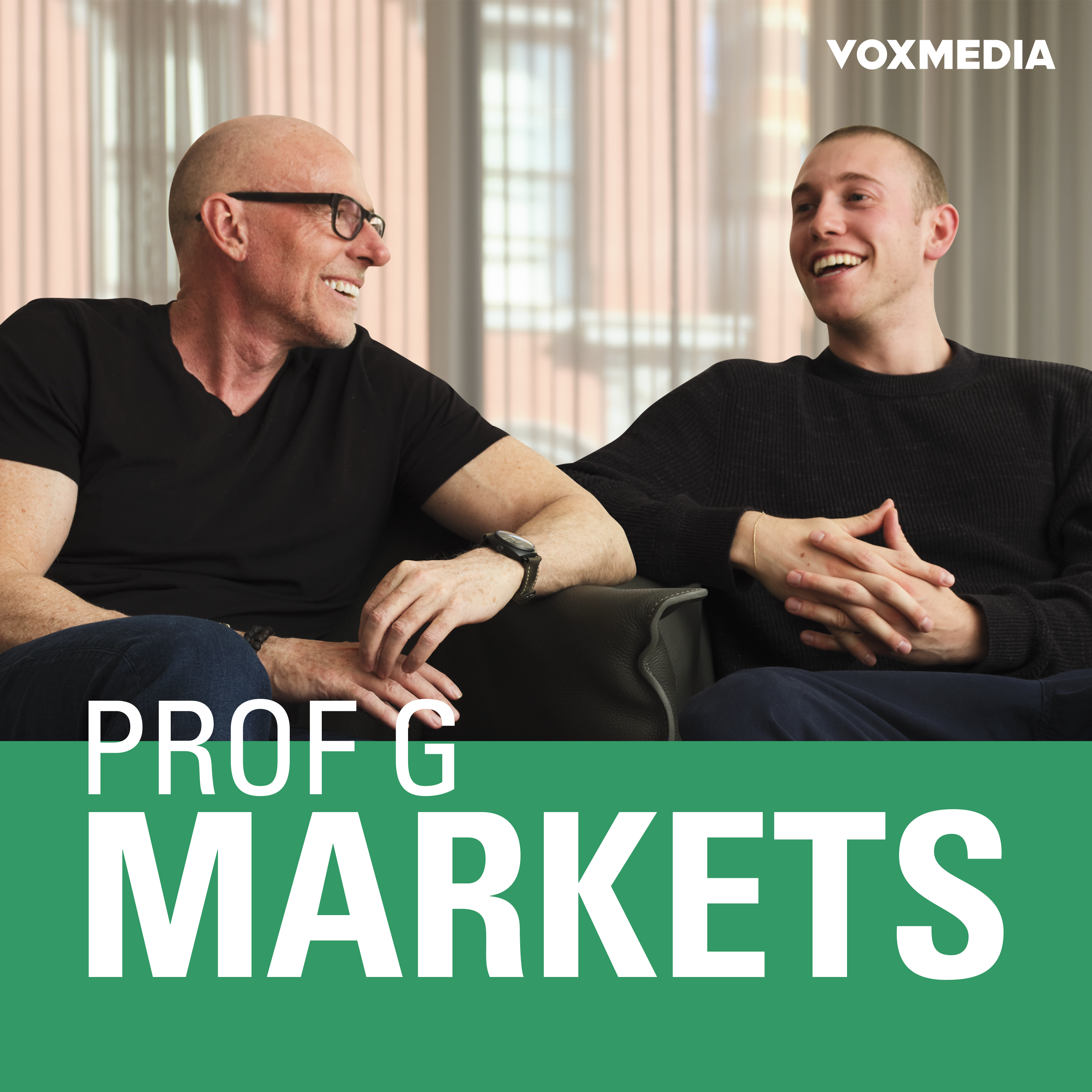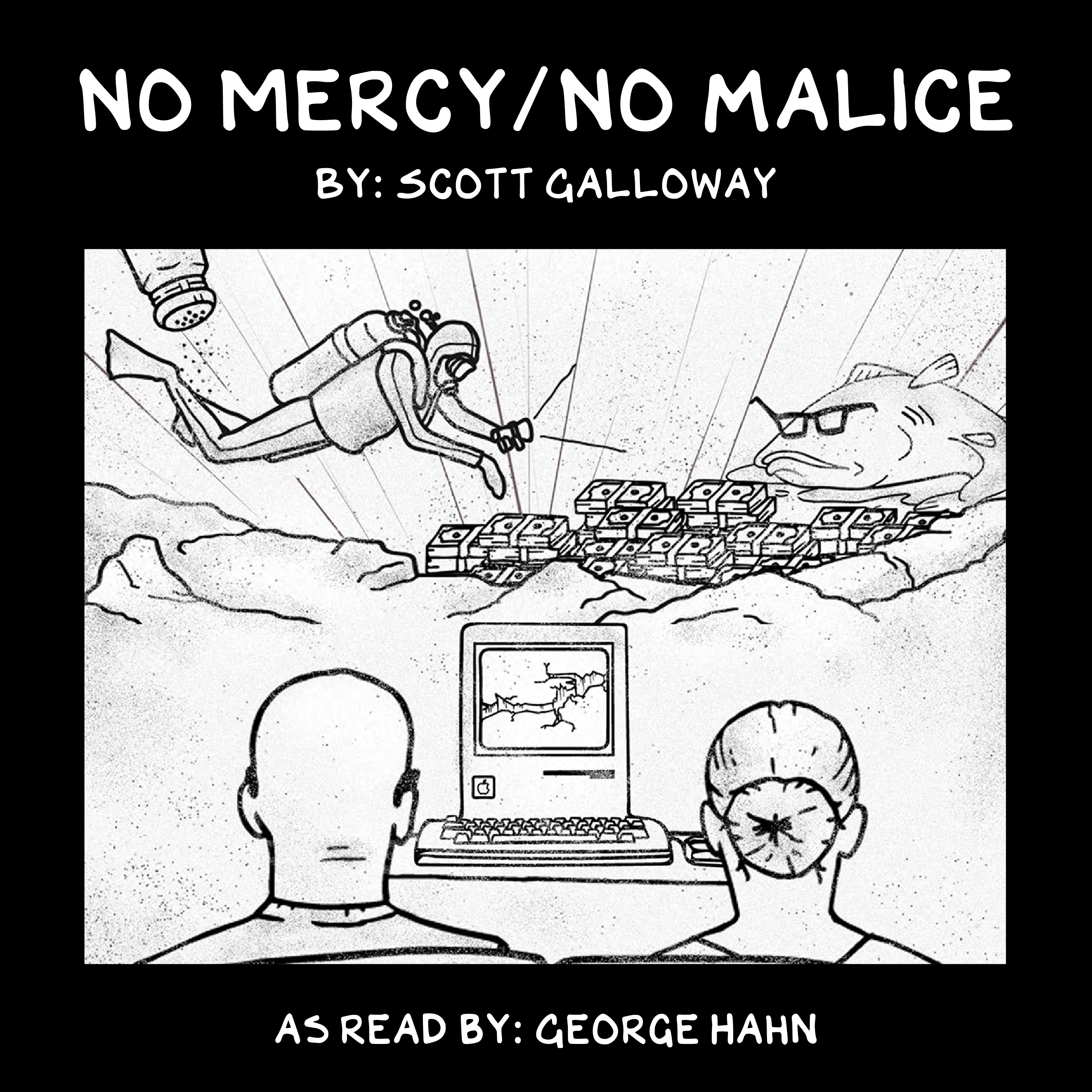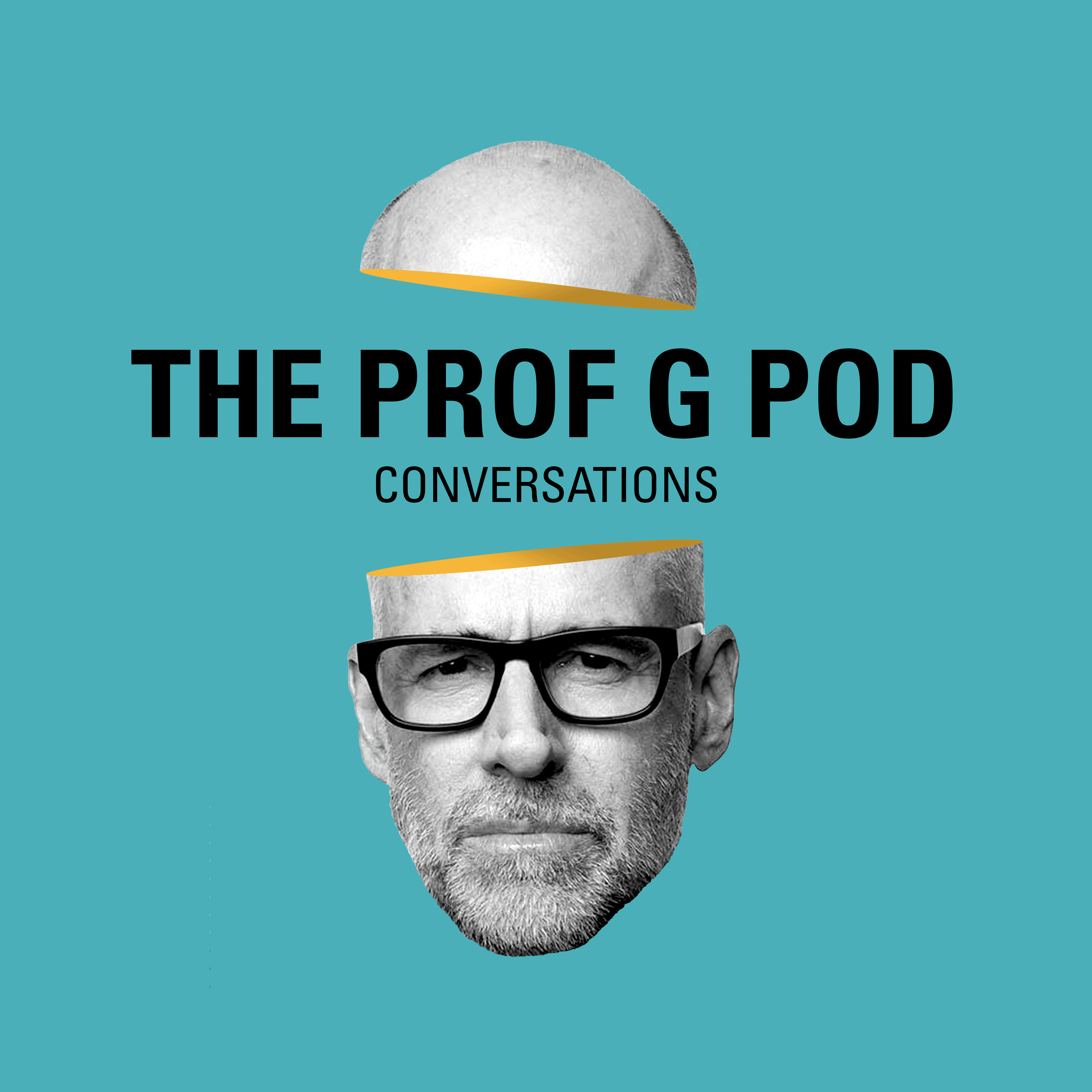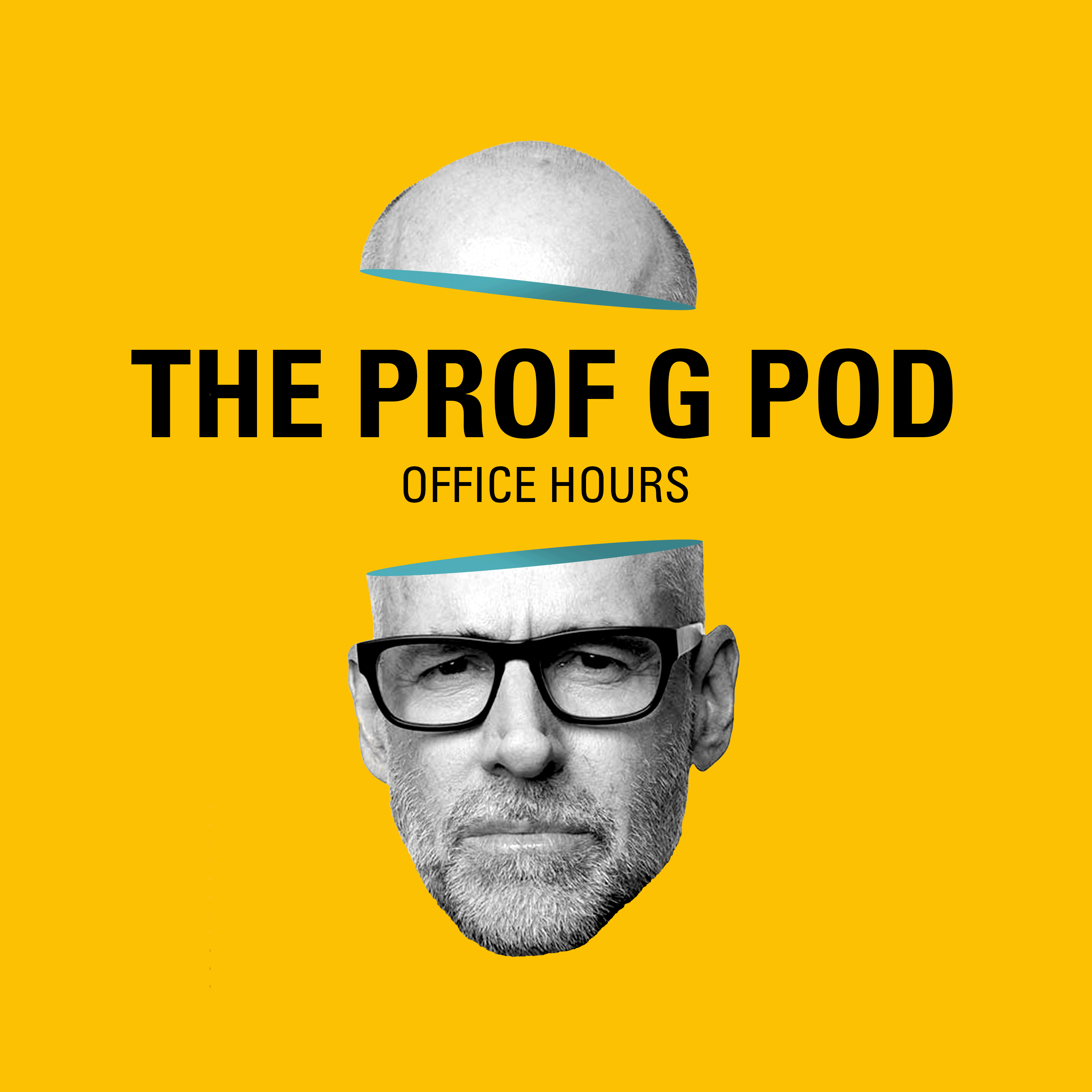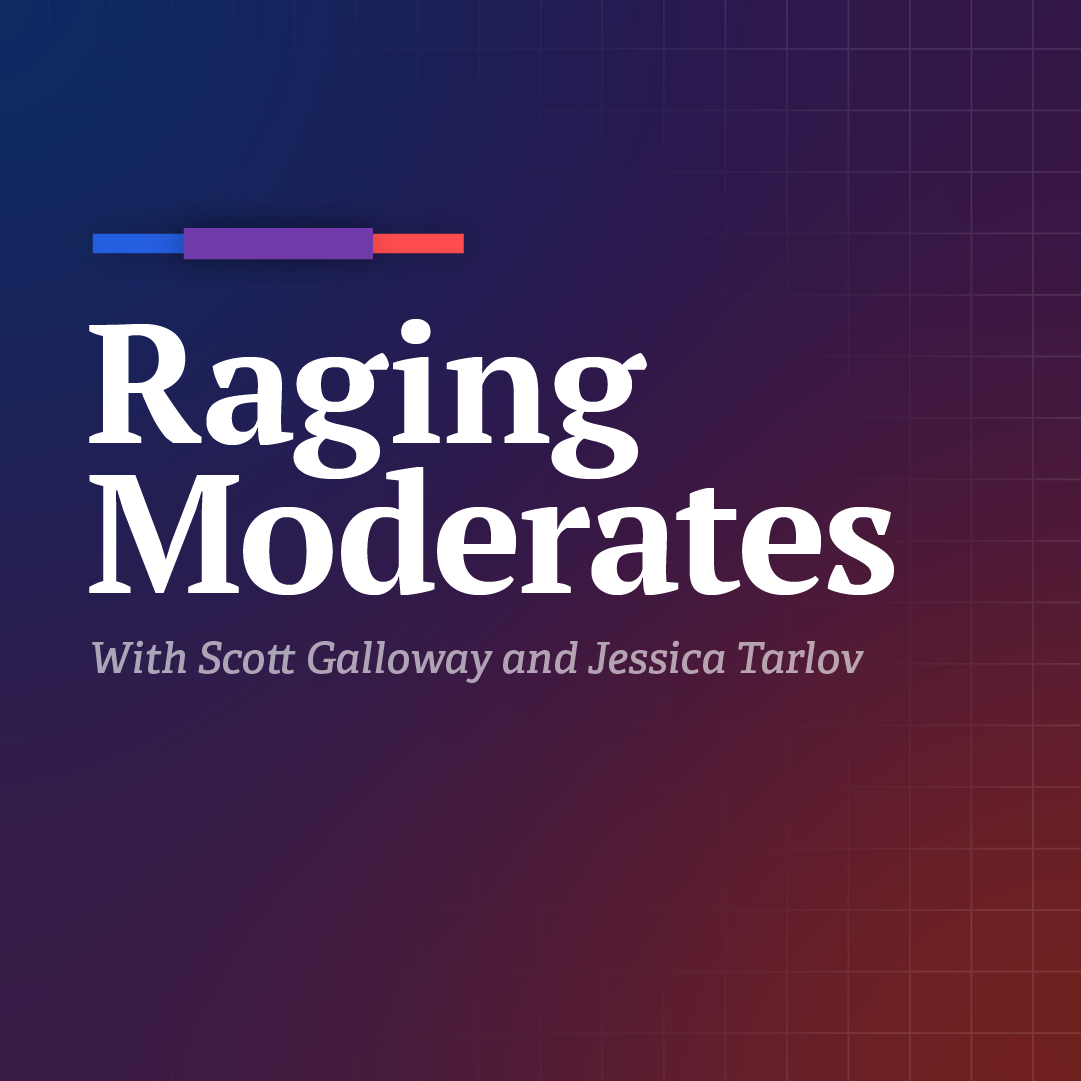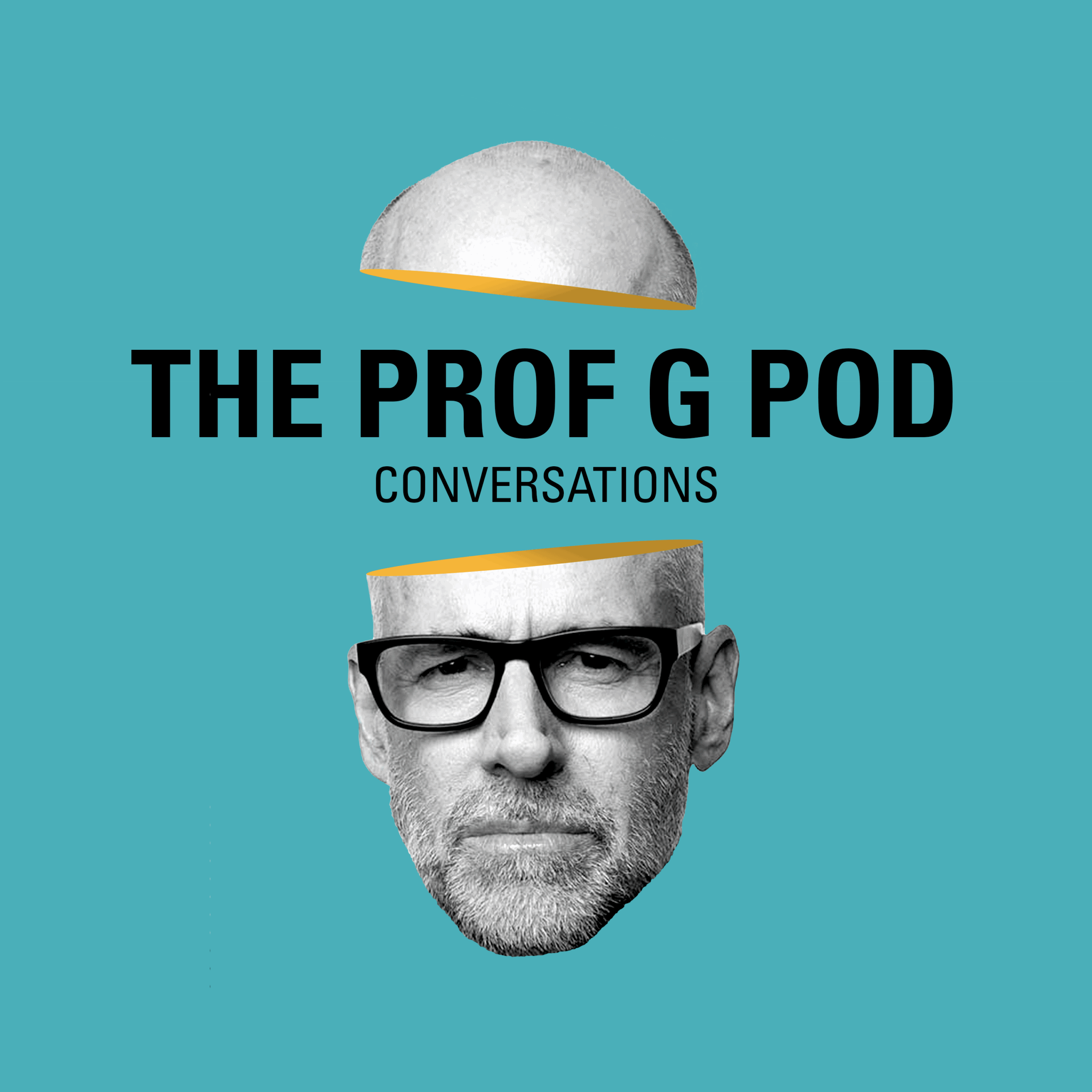Scott is joined by The Bulwark’s Tim Miller to break down reports that Trump may accept a $400M jet from Qatar, a shaky tariff truce between the U.S. and ...
Scott and Ed discuss Trump’s new trade framework with the U.K., the Federal Reserve’s latest decision, and the Melania coin grift. Then they take a look at ...
As read by George Hahn. https://www.profgalloway.com/brain-drain/ Learn more about your ad choices. Visit podcastchoices.com/adchoices
Anne Applebaum, a Pulitzer Prize–winning historian and staff writer at The Atlantic, joins Scott to discuss the rise of kleptocracy in America, the global ...
Scott unpacks whether young Americans should consider lifestyle arbitrage — moving abroad for a better quality of life. Then, he offers advice on balancing ...
The economy’s on edge, Trump’s tariffs are targeting Hollywood, and there’s chaos in the West Wing as Mike Waltz is out—and Marco Rubio is somehow doing four ...
Scott and Ed discuss the latest U.S. GDP report, new data on China’s factory activity, and the launch of Amazon’s new internet satellites. Then they turn to ...
Live from YPO’s Global Entrepreneurship Summit, Ed sits down with Reddit co-founder and CEO Steve Huffman. They discuss the company’s IPO journey, his unique ...
As read by George Hahn. https://www.profgalloway.com/the-great-rotation/ Learn more about your ad choices. Visit podcastchoices.com/adchoices
David Brooks, New York Times columnist and writer for The Atlantic, joins Scott to discuss the decline of true conservatism, the failures of elite ...
Scott shares his updated take on whether AI is truly coming for our jobs. Then, he offers tips for planning a meaningful guys’ trip that deepens friendships. ...
Scott and Jessica break down the first 100 days of Trump’s second term — from mass deportations and trade wars to the arrest of judges and shaky Ukraine peace ...
Scott and Ed discuss Trump’s decision to invite the top holders of his memecoin to a private dinner, Boeing’s first quarter earnings, and a new report ...
As read by George Hahn. https://www.profgalloway.com/breaking-the-silence/ Learn more about your ad choices. Visit podcastchoices.com/adchoices
Melinda French Gates, a philanthropist, businesswoman, and global advocate for women and girls, joins Scott to discuss her new book The Next Day: Transitions, ...
Scott shares his take on the explosion of hotel brands and what it says about consolidation, consumer choice, and corporate strategy. Then, he reflects on the ...
Scott and Jessica unpack the Supreme Court’s decision to block Trump’s use of a centuries-old immigration law, the unraveling of Ukraine peace talks, and Pete ...
Scott and Ed discuss gold hitting a record high, the Trump administration’s new restrictions on chip exports, and Jerome Powell’s comments on tariffs. Then, ...
As read by George Hahn. https://www.profgalloway.com/united-states-of-debt/ Learn more about your ad choices. Visit podcastchoices.com/adchoices
Mark Carney, Canada’s 24th Prime Minister and leader of the Liberal Party, joins Scott to discuss the country’s economic outlook, how Canada fits into a ...
- « Previous Page
- 1
- …
- 19
- 20
- 21
- 22
- 23
- …
- 61
- Next Page »

